In this article, I explain what a VPN is, why you should always use one while traveling, and which is the best.

Undoubtedly, the internet has changed our lives, sometimes for the better and for the worse. For example, traveling in our era means staying in touch with family and friends even if we are on the other side of the world. Also, thanks to the internet, it is possible to keep working virtually from any corner of the planet.
However, this freedom is not evenly distributed throughout the world. It’s becoming increasingly common to find websites censored by governments in some countries (think about China, Egypt, and the United Arab Emirates, to mention a few). This can be a big problem if you need these websites to work and you are traveling in one of those countries. Imagine, for example, what could happen if you were waiting for an important email on your Gmail account but you are in China (here is my travel guide), and since Google is censored, you can get it.
Besides the rising number of countries censoring content online, there are other things you should worry about when using the Internet. One of these is the danger of getting your devices hacked. For example, using a public Wi-Fi connection is ALWAYS risky, no matter where you are.
So the question is: what can you do to reduce these problems? Simple: using a VPN.
What is a VPN
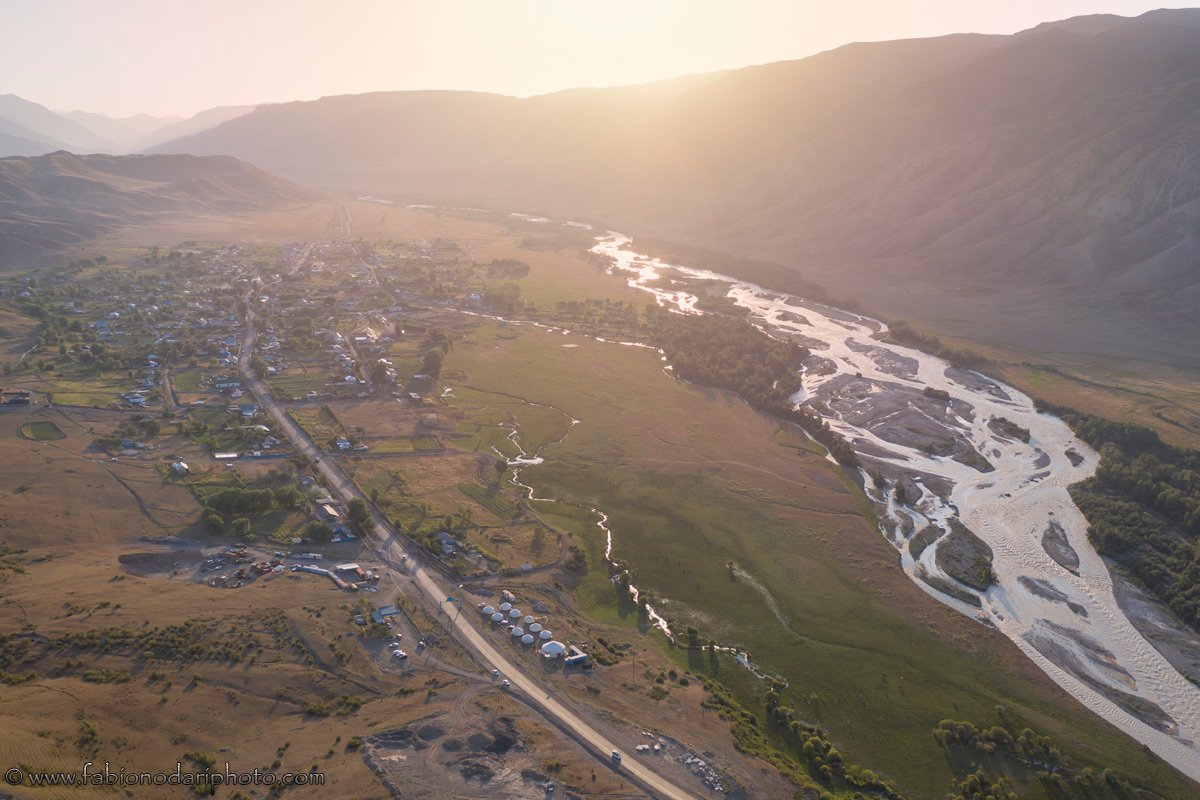
On this blog, I wrote a post about the best VPN. It is a very important topic but often underestimated or ignored by most people who use the internet while traveling. But what exactly is a VPN?
This is how Wikipedia explains it:
A virtual private network (VPN) extends a private network across a public network, and enables users to send and receive data across shared or public networks as if their computing devices were directly connected to the private network. Applications running across the VPN may therefore benefit from the functionality, security, and management of the private network.
Wikipedia
A bit confusing? Let me rephrase it.
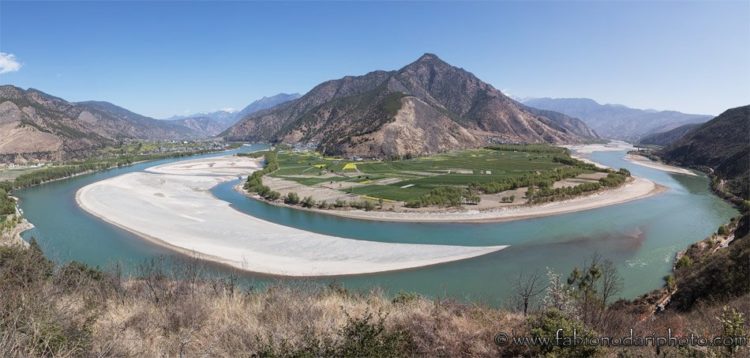
Imagine that the Internet is like a river. If you try to pour a bit of red paint (the unencrypted internet connection) on that river, anyone can see the paint flowing where it started and where it will end up.
Imagine using a pipe on the river bed instead of pouring the paint into the water. No one can see what’s going on under the water and doesn’t even know whether or not there is a pipe. Your VPN is that pipe. It hides the connection, encrypts it, and does much more.
Even if you haven’t understood how a VPN works, the good news is that using it is very simple: download an app or software and click a button to activate it before browsing the internet. The only thing you’ll have to do is to choose from which country you want to connect to. Then, all outgoing traffic from your device will be encrypted: navigation, email, streaming of music and videos, voice calls, and video calls, and it will seem that it comes from the country you selected.
In recent years, some free proxy services have appeared, such as Hola, which actually only protects the internet traffic from your browser. These proxies are, in most cases, useless or even harmful. For example, check this article for why services like Hola are dangerous.
If you are using this service or something similar, I strongly recommend that you delete them and use a safe VPN that works and protects your traffic.
5+1 reasons why you should use a VPN while traveling
If you’re still not convinced, here are 5 good reasons why you need to use a VPN when traveling and connecting to a Wi-Fi hotspot.
Protect your privacy when using a public Wi-Fi
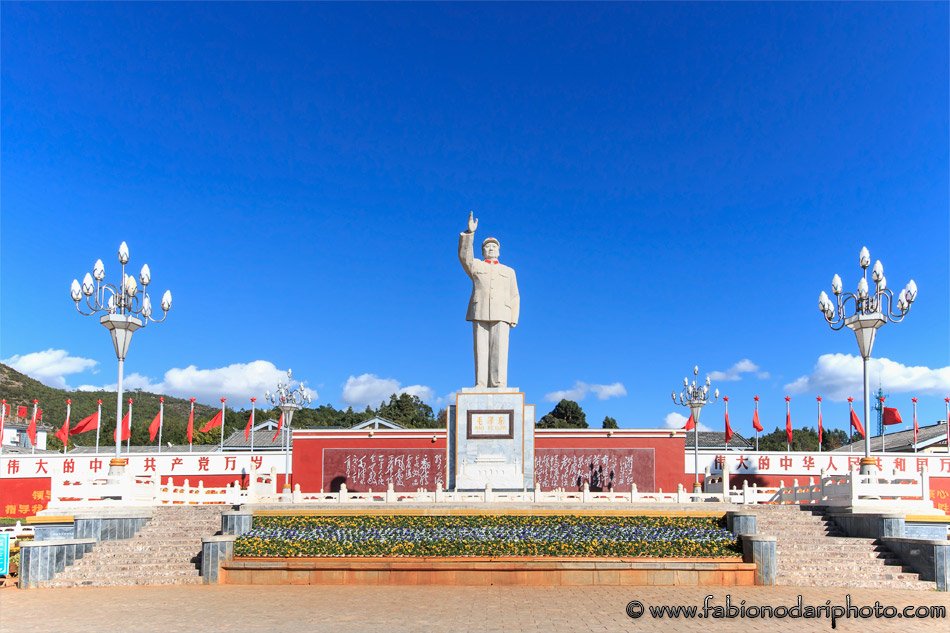
Hackers are constantly looking for new devices to infect, and it’s easier for them to do it when these devices are connected to a public hotspot (it doesn’t matter if access is password-protected or not). Whether at Singapore airport, in a Chiang Mai Starbucks, or a public library in Milan, your devices are vulnerable.
A VPN is the best way to encrypt your connection and reduce security issues. An unprotected Wi-Fi connection can compromise your email and other private information. Don’t make the mistake of thinking that nothing is interesting for hackers to steal from you and, therefore, it is not worth protecting your device: most of the time, these kinds of attacks are not aimed at stealing personal information but rather at using the victim’s PC as a starting point for other attacks.
In other words, if the hacker successfully infiltrates your devices, he will try to use them to attack other devices, so it will seem you are the hacker!
Improve the speed of the connection

A VPN can be used to bypass the congested traffic of an Internet Service Provider (ISP) and thus improve the speed of sites such as YouTube.
This is very useful when traveling, especially if you are connected to a network with many others. You can watch your favorite TV series or movies without the annoying lags that slow down the streaming.
Avoid censorship
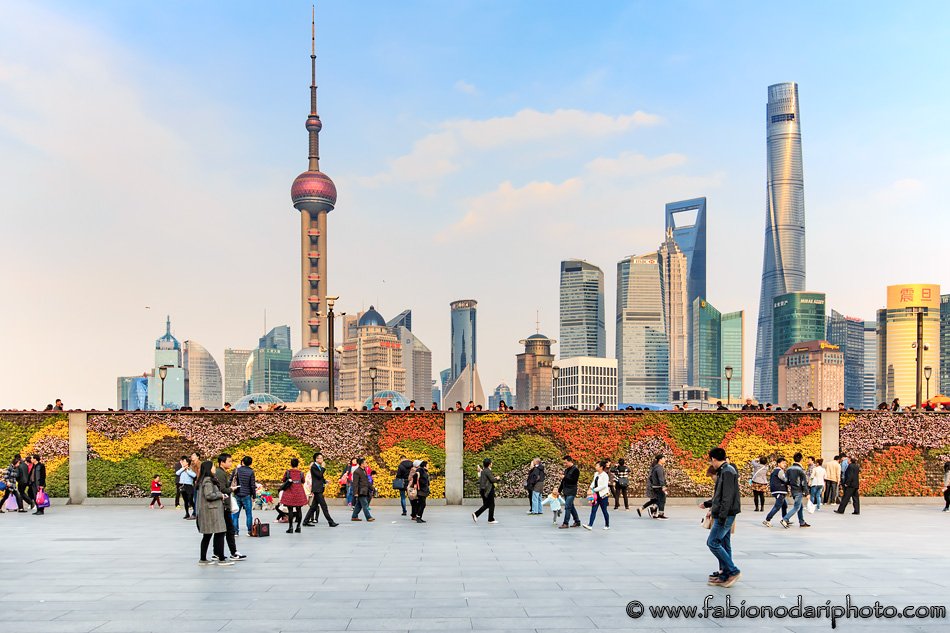
If you have visited countries such as China, Egypt, the Arab Emirates, Vietnam, etc., you know what I am talking about. More and more countries are trying to prevent access to some websites by blocking them. The reasons are different and more or less justifiable. The result is, however, always the same: some sites are not accessible without a VPN.
For example, Facebook, Google, Gmail, Instagram, Twitter, YouTube, and many other sites are blocked in China. With a VPN, you can bypass these restrictions.
In Western countries, you can find some blocked content, too. For example, some websites like Netflix restrict their content, too. Most of the time, you can bypass this limitation by getting a VPN and connecting to a server in another nation.
Remember that if you need a VPN for streaming movies and TV series, you should try it before paying. This is because sites such as Netflix and major VPN developers are constantly fighting each other, and sometimes, some VPNs might not work as expected. Most VPNs offer a free trial period.
Prevent your Internet data from being stored
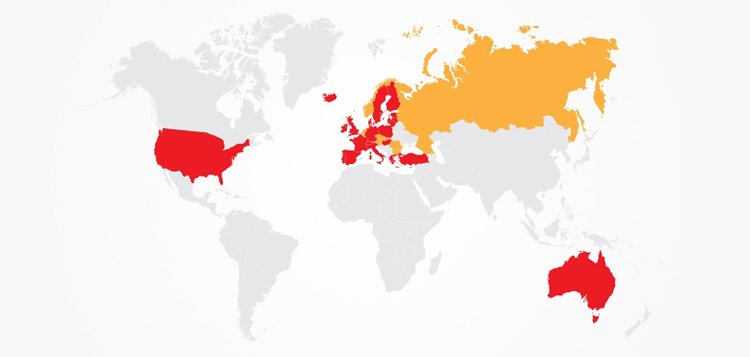
Many countries have laws that establish that each user’s internet browsing data is stored for a certain period of time. In Australia, for example, the data is stored for 2 years.
Sadly, the world we live in is increasingly dystopian. If you think you HAVE THE RIGHT to privacy, then you have another good reason to get a VPN.
Save money when booking flights, hotels, and car rental

Airlines and car rental websites use geo-location to decide the final price you’ll pay. With a VPN, you are in control, and you can change the location of your IP address. This means you can try to get the cheapest ticket by changing your VPN connection to a different server.
Remember to delete your browser’s cookies and chronology history before using it to book something online or, even better, to browse in an incognito window. Remember that some airlines try to prevent these shortcuts but completely block access to their websites if you use a VPN. This happened to me with Emirates.
Avoid getting locked out of your home banking and Paypal accounts (and similar websites)

One security system many sites adopt to prevent account theft is checking your IP address. For example, you’ll likely be locked out if you access the bank’s site while in your country, and the next access is from an IP address on the other side of the world.
This always happens to me with PayPal, one of the sites with the most restrictive filters. Traveling often can be a problem because many sites require a confirmation code sent by SMS, but if you are on the other side of the world, sometimes you won’t receive it. To avoid these and other problems, you can use a VPN. Before connecting to your home banking website, select the country you usually log in from, and you should be good to go.
A VPN doesn’t solve all the problems associated with using the Internet, but it is certainly one of the best ways to considerably reduce the risks and help you save some money on your next booking.
Which are the best VPNs for travel?

There are hundreds of different VPNs with prices and performances of all kinds. There isn’t such a thing as a perfect VPN because different VPNs specialize in different areas. So before getting one, think about why you want to use it. These are some of the most popular VPNs with their relative pros and cons.
ExpressVPN

ExpressVPN is the best VPN for accessing censored sites. I’ve been using it for a few years, and it is a good VPN. Unfortunately, it doesn’t work in China anymore. It’s not the cheapest, but it’s among the fastest. It’s my favourite VPN. Click here to download ExpressVPN.
Pro
- It’s one of the fastest VPN
- General purpose VPN
Cons
- Netflix currently blocks almost all ExpressVPN servers
- It’s not the cheapest
- It doesn’t work in China
AstrillVPN

I should write a full article about this VPN. In a few words, while ExpressVPN was not working, I tried Astrill. It’s a bit slower, but it does its job. At least until they decided to deactivate my account twice because, for some reason, Astrill does not allow the use of SEO tools such as Screamingfrog and Lighthouse. You know what I’m talking about if you work in the industry. Imagine being in China and suddenly, without being warned, being cut off from the internet. This is a big problem for me, and for this reason, I can not use it, even though, honestly, this VPN works well in China. Click here to download AstrillVPN.
Pro
- One of the few that works well in China
- Good for streaming Netflix
- It’s easy to activate it even though you are already in China via this website.
Cons
- SEO tools are not allowed (like auditing websites with Screamingfrog)
- It’s quite slow, especially in China
- It’s one of the most expensive VPNs
ZoogVPN

ZoogVPN is a VPN that I recently discovered. I was initially sceptical since most don’t work in China, but I must admit I was wrong. It offers over 70 servers and many different protocols, including Shadowshocks. So far, it has not given me any problems; privacy-wise, it seems to be a very good product. Like all relatively new VPNs, it must be seen if it will continue to work in China even when there is greater adoption and the government tries to block it. Click here to download ZoogVPN.
Pro
- Works well in China
- Quite cheap compared to its competitors
- Easy to purchase even within China, thanks to this mirror link.
Cons
- Not all servers work in China
What are your thoughts? Which VPN have you been using? Let me know in the comment section.


